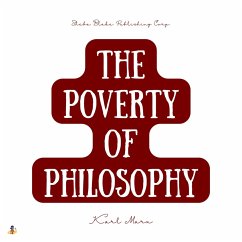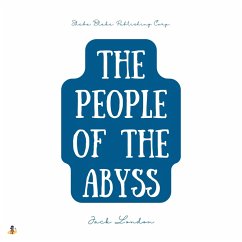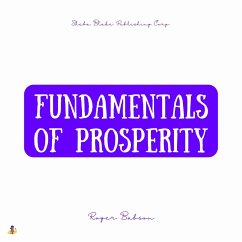Plato, the illustrious ancient Greek philosopher, was a towering figure in the development of Western philosophical tradition. Born circa 427 BCE in Athens, Plato was a student of Socrates and later the teacher of Aristotle, forming a foundational triumvirate in classical philosophy. His contributions extend across metaphysics, epistemology, ethics, and political theory, and his works are expressed in dialogical form, often featuring Socrates as a central character. The authorship of 'Eryxias' is debated among scholars; while once considered among Plato's dialogues, modern scholarship casts doubt on its authenticity, with some attributing it to a follower of Plato instead. Nonetheless, 'Eryxias' explores themes of wealth and virtue, motifs recurrent in true Platonic works. Plato's literary style is marked by the pursuit of truth through dialectic methods and the exploration of ideals such as the forms, principles which inhere transcendentally over empirical instances. Notable among his works are 'The Republic', which outlines his vision of a just society and the philosopher-king, and 'Timaeus', which delves into natural philosophy and cosmology. Plato's Academy, the institution he founded circa 387 BCE, was an intellectual crucible for several generations. His dialogues have endured as central texts in the Western philosophical canon, influencing countless thinkers and shaping the course of intellectual history.















